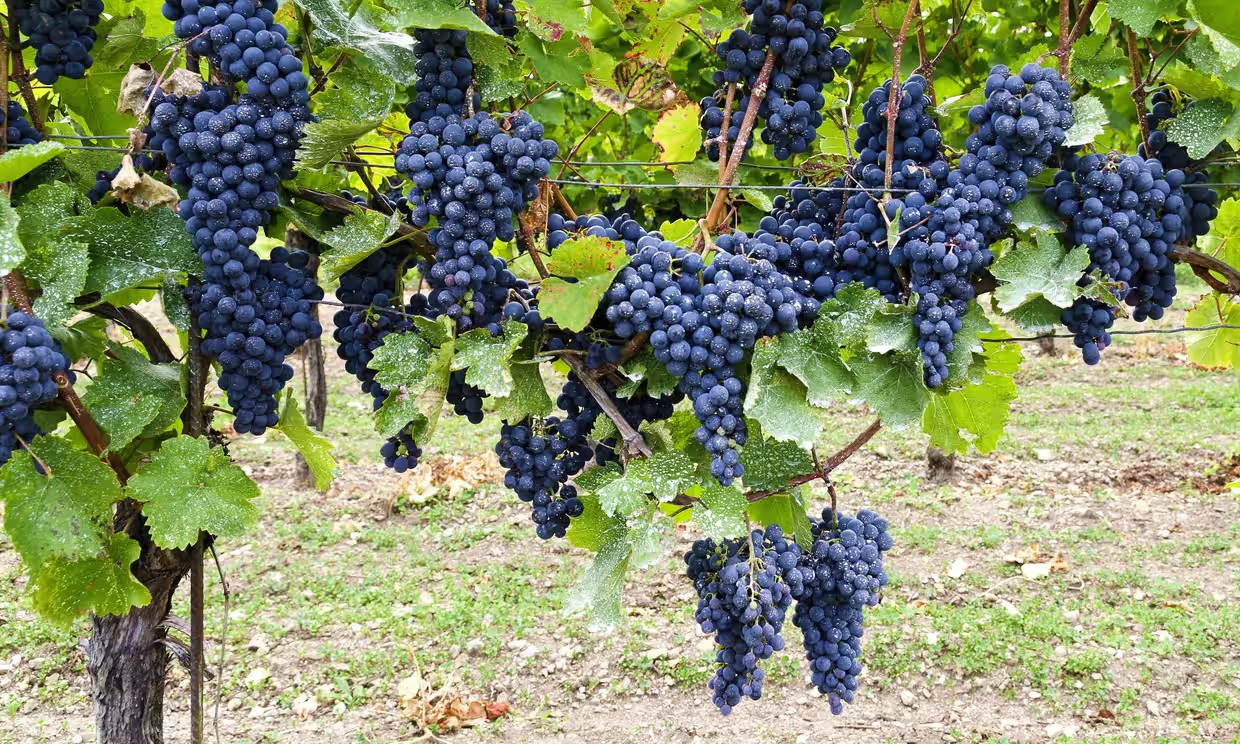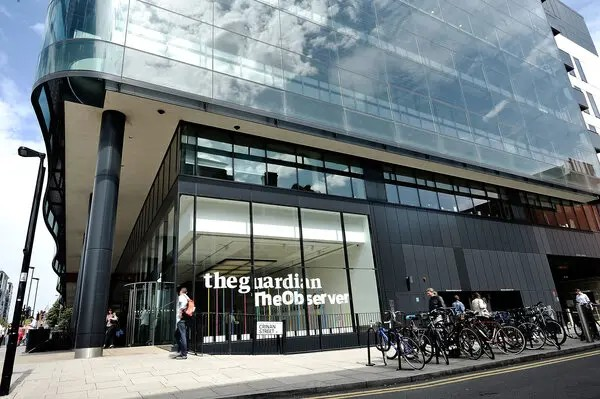Imported food in the UK has been found to contain residues of 48 pesticides not approved for use by British farmers, including cancer-linked chemicals and imidacloprid, harmful to bees, an analysis by the Pesticide Action Network (PAN) has revealed. The study, based on UK government testing data, found that 46 cancer-linked pesticides were present in imported food, compared to 19 in domestically produced produce.
The analysis also identified 29 pesticides linked to endocrine disruption in imported food, compared to just 12 in homegrown items. Among the chemicals was imidacloprid, banned in the UK since 2018 due to its negative impact on bee populations. The pesticide was found on imported potatoes, peas, and grapes.
Nick Mole from PAN UK highlighted that imports contained almost three times the number of hazardous pesticides as British-grown food. PAN also released its annual “Dirty Dozen” list, identifying soft citrus fruits, oranges, and grapes as the top offenders, with up to nine different pesticides detected on some samples.
Mole criticized the UK government for allowing harmful pesticides in imported food, urging action to protect both consumer health and British farming. A spokesperson for the Department for Environment, Food, and Rural Affairs defended the current regulations, asserting that limits on pesticide residues are based on rigorous risk assessments to ensure public safety.




